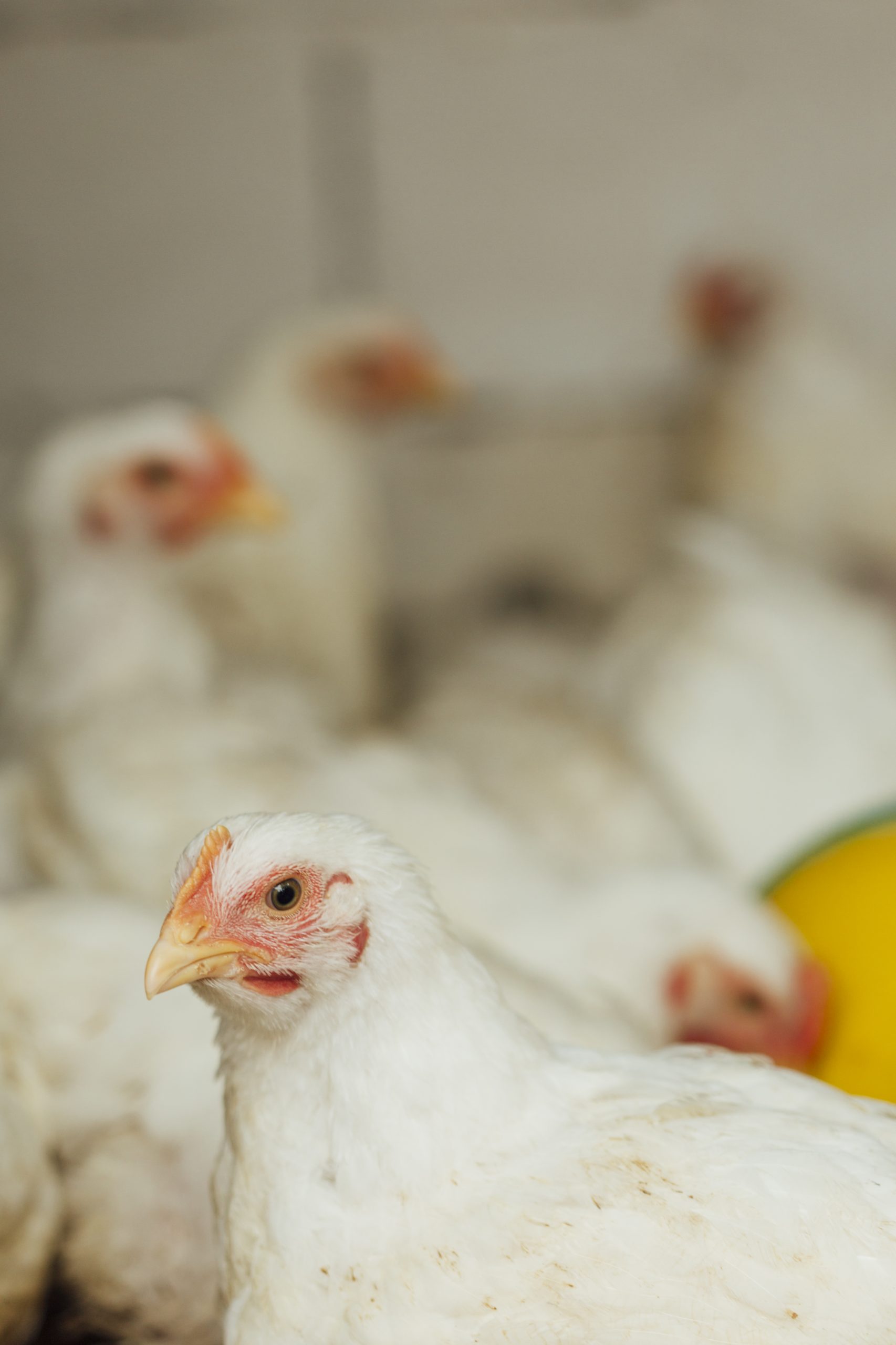A controversial proposal by U.S. Secretary of Health and Human Services Robert F. Kennedy Jr. to allow bird flu to naturally spread through poultry farms has sparked concerns among scientists and veterinary experts. The plan, which aims to identify naturally immune birds instead of culling infected flocks, is being criticized as both inhumane and risky.
Kennedy recently stated in an interview with Fox News that rather than exterminating infected birds, farmers should let the virus run its course to determine which birds possess natural immunity. “We can identify the birds and preserve the birds that are immune to it,” he said.
While Kennedy has no direct authority over poultry farms, U.S. Agriculture Secretary Brooke Rollins has shown interest in exploring the idea. “There are some farmers that are out there that are willing to really try this on a pilot as we build the safe perimeter around them to see if there is a way forward with immunity,” Rollins told CBS News.
However, veterinary experts warn that such an approach could be disastrous. Dr. Gail Hansen, a former state veterinarian for Kansas, described the proposal as “a really terrible idea” due to the potential consequences.
Since January 2022, bird flu has impacted more than 166 million birds across every U.S. state. Scientists caution that allowing the virus to spread freely could increase the risk of dangerous mutations.
“If the bird flu were to run through a flock of five million birds, that’s literally five million chances for that virus to replicate or mutate,” Hansen explained. Additionally, farm workers and other animals could be put at risk due to increased exposure.
Despite this, the Department of Health and Human Services has defended Kennedy’s stance. Emily Hilliard, the department’s deputy press secretary, argued that culling infected birds presents the highest risk of exposure to humans. “Culling is not the solution. Strong biosecurity is,” she told The New York Times.
However, experts point out that bird flu spreads too rapidly for biosecurity measures to be an effective standalone solution. Infected poultry often suffer from severe respiratory symptoms, tremors, and diarrhea before dying suddenly.
Dr. David Swayne, a former U.S. Department of Agriculture (USDA) poultry veterinarian, emphasized the devastating impact. “These infections would cause very painful deaths in nearly 100 percent of the chickens and turkeys,” he said.
Kennedy’s argument that some poultry may naturally resist the disease has also been challenged. According to Hansen, commercial poultry breeding limits genetic diversity, meaning that immunity is unlikely to be widespread. “The way we raise birds now, there’s not a lot of genetic variability. They’re all the same bird, basically,” she said.
Beyond the ethical and health concerns, the economic implications could be severe. Experts warn that allowing bird flu to spread could lead to enormous financial losses for farmers and the poultry industry as a whole.
“There’s a huge economic loss immediately,” said Dr. Keith Poulsen, director of the Wisconsin Veterinary Diagnostic Laboratory.
Additionally, scientists have refuted Kennedy’s assertion that wild birds appear immune to the virus. In reality, bird flu has led to mass die-offs of species such as raptors, waterfowl, and sandhill cranes, raising further concerns about its uncontrolled spread.
With strong opposition from veterinarians, scientists, and industry experts, the proposed approach remains highly contentious. As policymakers weigh potential responses, the debate underscores the ongoing challenges of managing avian influenza outbreaks while balancing economic and public health considerations.
Download Eggora Poultry App: https://www.eggora.com/download-app
